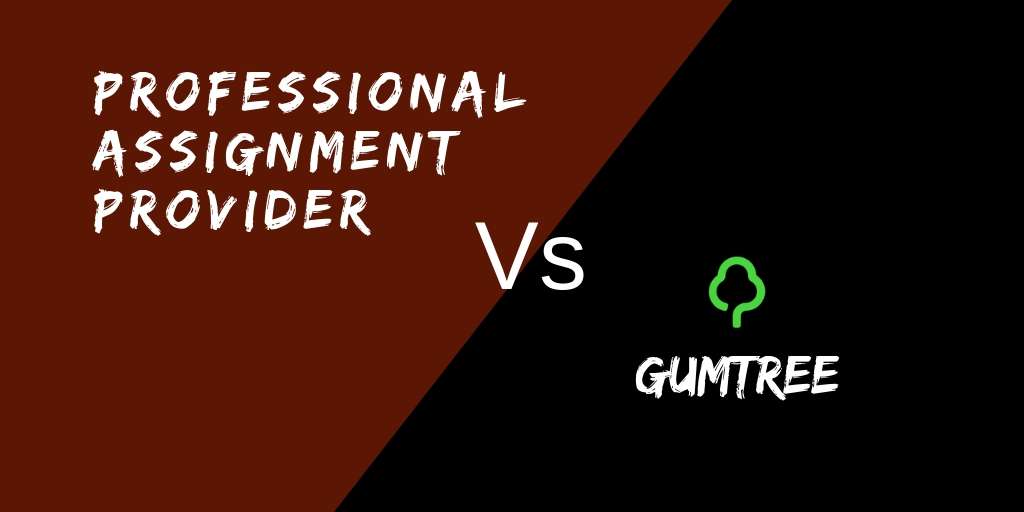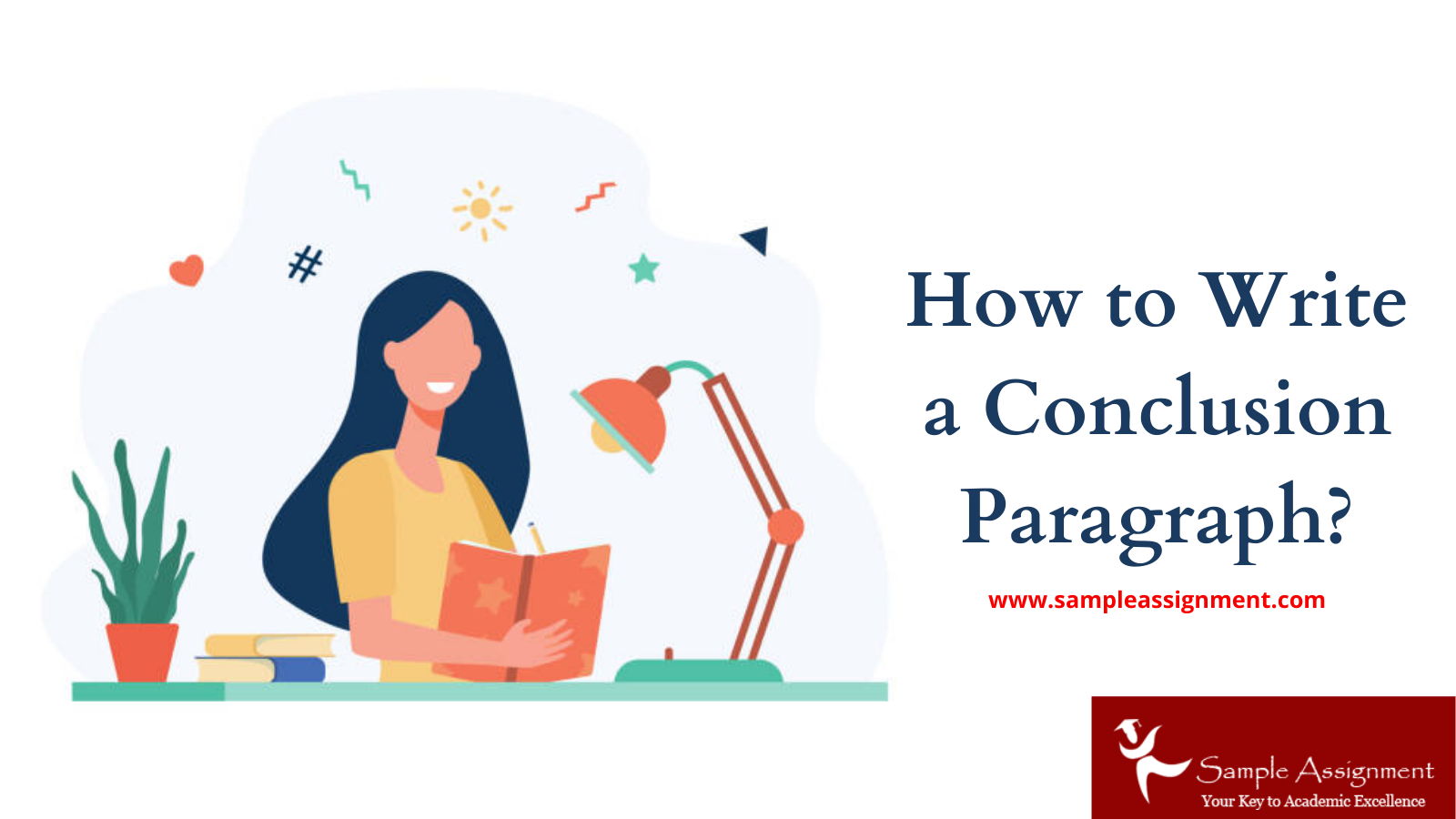
Writing a dissertation is one of the most significant academic challenges you will have to undertake. A dissertation is an academic project unique from other types of reports. It requires students to independently execute a study that has to be carefully planned and conducted over several months. This type of academic work is one of the opportunities to show students’ originality and critical/independent thinking as well as their academic maturity.
Because the sheer enormity of the task is often intimidating, many students seek help with dissertation planning, writing or editing to ensure that their work will be successful. This guide will also give you some things to consider as well as the common pitfalls to avoid and some notes about seeking professional help for your website if that is in your best interest.
Understanding the Dissertation
A dissertation is a large, deliberate piece of academic writing based on independent research. The difference between a dissertation and an essay is that a dissertation is an assessment of your ability to create new knowledge, create a line of argument, and think about a topic in an original way.
Key Features of a Dissertation

Before starting, understand the core characteristics that make a dissertation unique:
- Research autonomy - You have autonomy over designing the study, selecting your sources, and ultimately defending your conclusions yourself.
- Depth instead of breadth - Your work should go in depth on one research question, rather than briefly covering many topics.
- Contribution to academia - Even undergraduate dissertations must provide a new interpretation, critique, application etc to available literature.
- Organized style - Generally the structured formatted sections have the introduction, literature review, methodology, results, discussion and conclusion.
Why Does a High-Scoring Dissertation Matters?
Performing well is not only about crossing the finish line. It helps develop your academic and professional identity:
- Demonstrating ability to research - It shows employers and universities that you can manage and independently complete a large project.
- Increases opportunities for employment - Your portfolio shows important analytical, written, and verbal skills of understanding, finding, and deciphering data in your graduate position.
- Prepares better for advanced academic study - A superb dissertation can prepare you for a more successful master's or PhD program.
- Encourages self-development - You will feel confident and motivated to trust yourself to perform at a high level when completing a dissertation.
In most cases, there is nothing wrong with asking for help on edits or ideas, or asking your supervisor for a little help with dissertation responsibilities of your dissertation, or even investing in some time management in order to ensure your academic future.
Ideal Dissertation Length and Recommended Structure
Word Count Expectations
The length of dissertation will depend upon your degree and discipline, but the following is approximately typical:
- Undergraduate: 8,000 - 12,000 words
- Master's: 15,000 - 20,000 words
- PhD: 60,000 - 100,000 words; or more.
Tip: Quality matters much more than quantity. Examiners prefer concise and clear arguments than content that is unnecessarily long or seems long.
Standard Dissertation Format Every Student Should Follow
Understanding the structure helps you plan and manage your work efficiently:
- Title page and Abstract - Identify your project and provide a summary of your research.
- Introduction -Introduce your research question, some background, and what you aim to accomplish in your research.
- Literature review - Review and critique out there studies, find gaps and justify your research.
- Methodology Provide a description of the methods you employed, and explain their use.
- Results or findings- Display your findings in clear tables, figures or charts.
- Discussion- Discuss and interpret results and connect them with your literature review.
- Conclusion - Overview of the key findings with limitations, and suggestions on future research.
- References and appendices - Appropriate reference should be used and additional materials should be added as appendices.
If you are unsure of formatting, you can always seek help with dissertation structure and presentation from academic support services.
Step-by-Step Tips for a High-Scoring Dissertation

Step 1: Choose the Right Topic
The theme you opt to select is what your dissertation is constructed by. Concentrate on one interesting manageable thing.
- None of that broad subject matter that you can improperly discuss.
- No too specific topics with insufficient sources.
As an example, replace the generalized Climate change in Europe with a rather specific The impact of climate adaptation strategies on flood risk management in Germany, 2010 - 2020.
Step 2: Conduct a Thorough Literature Review
Critical evaluation but not summary of existing research should be done in a literature review. Key strategies:
- Browse databases such as PubMed, Scopus or JSTOR.
- Determine the common discussions and inefficient results.
- Answer unanswered questions in order to position your research.
Tip: Many students choose professional help with dissertation research and reviews to save time and ensure quality.
Step 3: Make the Most of Resources
The assistance will be provided in case you understand where to seek it:
- Supervisors- Provide direction, feedback and assure academic standards.
- Writing centres/ libraries- Referencing and formatting skills and academic writing.
- Peers- Give constructive comments on drafts.
- Online services - Provide coaching, editing and professional feedback.
Regular interaction with supervisors is likely to result in better dissertations.
Step 4: Plan Your Time Methodically
Time management is critical:
- Divide each part into smaller milestones.
- Allot weeks per chapter using calendars.
- Use productivity methods such as Pomodoro clocks.
- Allot time for revisions and proofreading.
Step 5: Manage Stress and Wellbeing
Striking a balance between work and a healthy mind:
- Take regular breaks.
- Alternate schedule downtime and write time.
- Turn to friends or counselors when necessary.
When the mind is relaxed and focused on its work, then it has a better chance of doing quality work than getting lost in stress.
Step 6: Draft, Revise, and Proofread Multiple Times
The good writing is the result of constant revision:
- Formal revisions (organization, logical consistency).
- Language, clarity and formatting.
- Last minute grammatical, spelling and citations check.
Minor mistakes can be avoided with professional proofreading, a key service when you seek help with dissertation editing.
Step 7: Use Professional Academic Language
Maintain an authoritative tone:
- Do not use colloquial language.
- Prefer third-person writing.
- Focus on evidence-based reasoning rather than personal opinion.
Examples: When you say that you think this method is great, say The method has proved to be effective in several studies, as indicated by …
Step 8: Answer the Research Question Directly
Each chapter must be a step towards the solution of your central research problem. Avoid digressions.
Step 9: Focus on Critical Analysis
High scoring dissertations do not describe but analyze:
- Compare and contrast various sources.
- Find inconsistencies in books.
- Question the assumptions and suggest options.
Original analysis does not imply that one discovers completely new things, it can be an insightful presentation of familiar problems.
Read Also : How to Write and Structure a Dissertation Step by Step (With Examples)
Frequent Dissertation Mistakes and How to Avoid Them
- Procrastination - Leaving it too late has an impact on quality.
- Vague topics- vague titles get your research off track.
- Briefing without analysis - Examiners want to be critically evaluated.
- Disregarding formatting or rubrics - Small mistakes will result in lost marks.
- Too much information that is not relevant to you -Stay on track with your goals.
Conclusion
It is not easy and yet fulfilling to complete a dissertation.Choosing a narrow subject, critically reading literature, time management, and revision all can help you create a high score dissertation.
Help is not far away--supervisors or peers or professional editing agencies.Take it one step at a time, keep things consistent and utilize the resources.Your dissertation can be one of the main achievements of your life, an opportunity for a future and you can become a scholar.
Action: Require assistance in your dissertation?Find out about our professional editing and coaching services to make certain that the result is clear, structured, and of quality.
Frequently Asked Questions
When should I seek professional dissertation help?
Struggling with structure, data analysis, time management, or proofreading.
Is using editing/support services allowed?
Yes. Ethical services focus on coaching, editing, or proofreading—not ghostwriting.
How can help with dissertation writing improve my grade?
Professional reviewers enhance clarity, critical engagement, and alignment with marking criteria.
What services are most useful?
- Structural feedback
- Academic proofreading
- Plagiarism checking
- Statistical analysis support
- Time management coaching









Loved reading this Blog? Share your valuable thoughts in the comment section.
Add comment